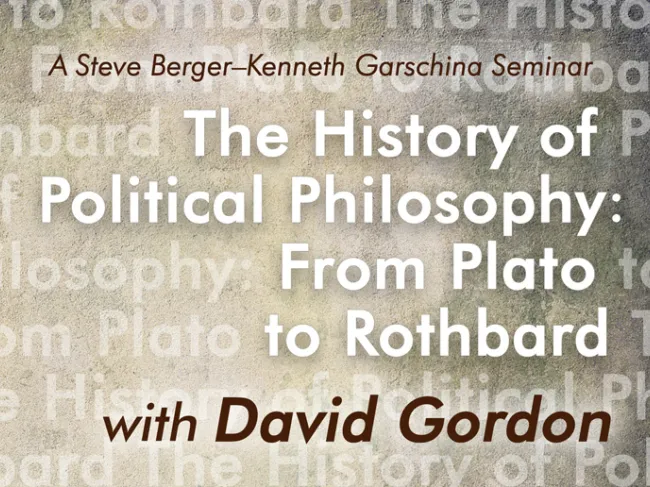5. John Locke

John Locke, 1632-1704, was the Father of Classical Liberalism. Human beings in their rationality are in God’s image. His law of nature was ethical and universal. Human preservation was tantamount. Each person has a property in himself. Property precedes government.
Locke thought the mind was a blank slate, contrary to Cartesian philosophy based on pre-existing concepts. The earth is given to humans in common. Locke’s doctrine that governments need the consent of the governed is central to the Declaration of Independence. He advocated separation of powers and believed that revolution was not only a right but an obligation sometimes.
Locke had close ties to Shaftesbury, founder of the Whig movement. The overthrow of King James II by William III with his wife Mary II of England was the Glorious Revolution of 1688. Locke’s Essay Concerning Human Understanding and the Two Treatises of Civil Government and A Letter Concerning Toleration were written after his return from exile.
Lecture 5 of 10 from David Gordon’s The History of Politcal Philosophy: From Plato to Rothbard.

